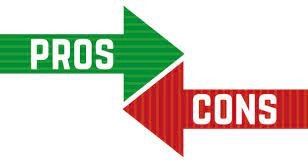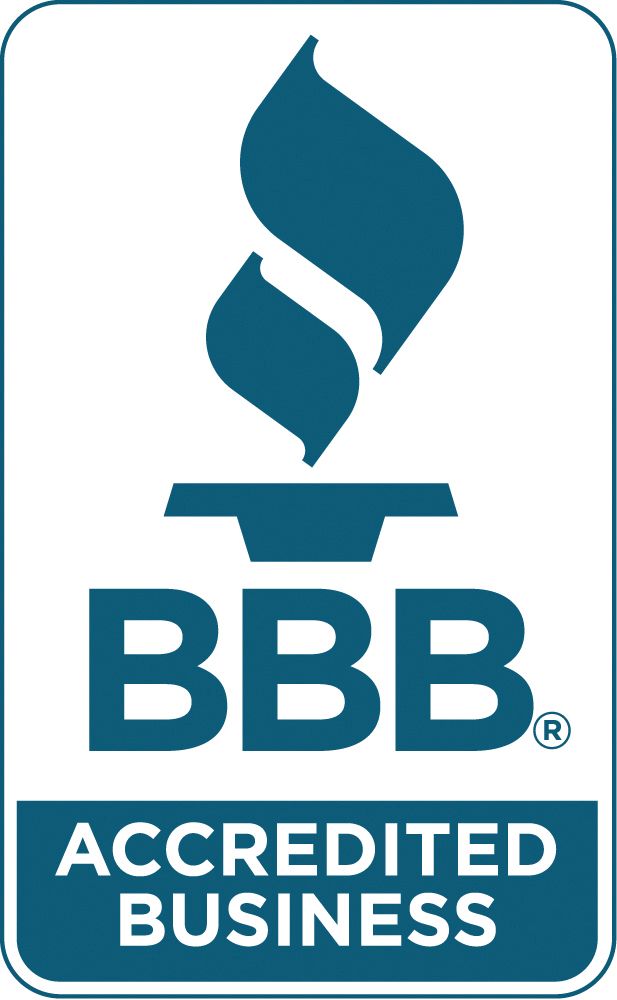Motivational Interviewing Pros and Cons
The Pros and Cons exercise also provides the practitioner and client with extra insight into the driving forces behind the client’s need to continue their behavior.

Pros and Cons is one of the most successful techniques of Motivational Interviewing. And it’s not for the reasons most practitioners would think.
Motivational Interviewing is used with resistant clients or those who have difficulty making personal changes. Its methods benefit clients with substance use problems, weight or smoking, adolescents, and others. Motivational Interviewing puts the change mechanism in the client’s hands. Rather than direct the client to change, the goal is to move the client from resistance to ambivalence. Once clients do this independently, they can stop being stuck in the past and move on to the future.
Pros and Cons is a technique in Motivational Interviewing where the practitioner asks the client to list the pluses or minuses of one behavior. Usually, the client sees their actions as an essential part of who they are. And they defend the use of their sometimes self-destructive behavior. And in most cases, the pros of their behavior outweigh the cons. However, the ability of the client to see their choices in their actions helps them to be less resistant in their ability to change.
Moreover, the Pros and Cons exercise also provides the practitioner and client with extra insight into the driving forces behind the client’s need to continue their behavior. When listing the reasons they engage in the behavior, the client indicates what functions the behavior fulfills. It tells them how the client “feels” better, even if it leads to negative consequences. By offering these reasons, the practitioner can focus on these needs and help the client find different ways to meet them.
Consider the following examples:
A client wants to smoke pot and is very resistant to stopping. The practitioner then asks the client to list the substance’s pros and cons. Below might be some of the reasons for use or non-use:
Pros Cons
Emotional pain relief Could be arrested
Companionship with peers Irritable when I can’t use
Feels good Arguing with parents
Sleep better Poor schoolwork
In looking at the pros, the client indicates several themes that encourage their use. They use pot to escape emotional discomfort, socialize, improve their sensory experiences, and beat insomnia. If the practitioner can develop other coping skills with the client, their need for marijuana may lessen. Rather than arguing that the cons are more important than the pros, the practitioner’s focus on the pros moves the client from resistance to more change options.
Motivational Interviewing is one of our online training courses. For more information about our other courses, please get in touch with us.




